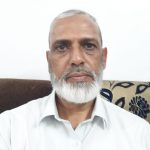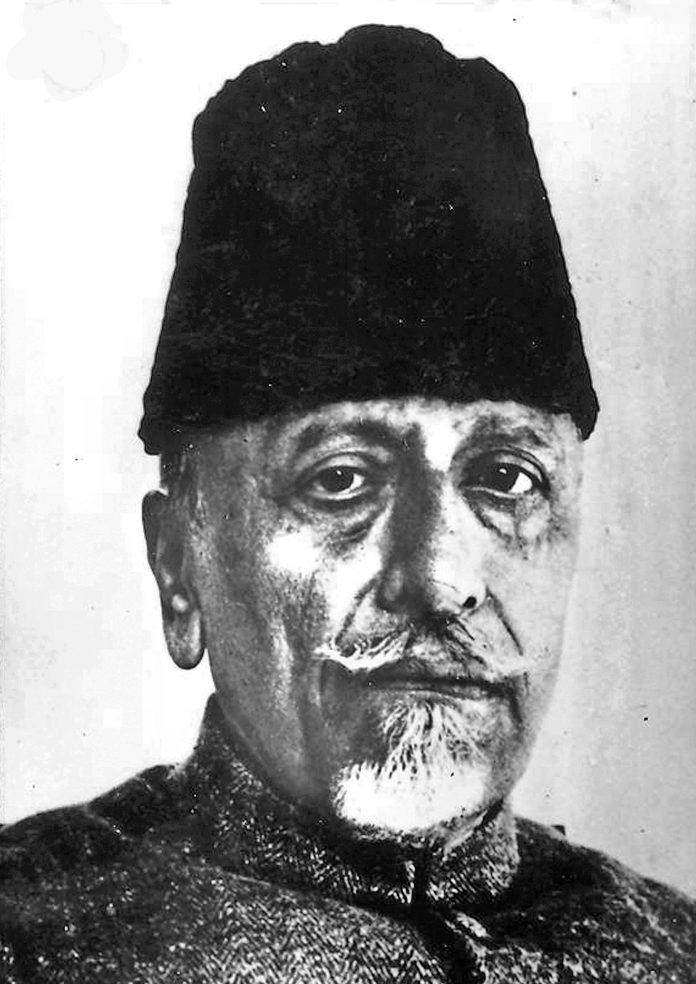
– Mohammed Atherulla Shariff
Probably for the first time the governments in 17 states of India and at the Centre do not have a Muslim in the councils of ministers. Some of these states are considered larger states with more than 45 lakhs of Muslim population. Assam has highest percentage of Muslims in India, around 45% i.e. more than a crore. Still no minister in the council. Totally Muslims constitute 14% of the population, their position comes second after Hindus in the country.
In the recently held assembly elections in five states, there was no chance of any Muslim getting a berth in the cabinet in three of these won by BJP, which had not fielded any Muslim candidate. Mizoram is an all-Christian affair, and the only hope was in Telangana where the Congress came to power and even in the second phase of cabinet expansion no Muslim got a place there too. Of course, no Muslim could make it into the assembly on a Congress ticket there.
Except Abu Taher Mondal of Meghalaya, no other eastern state has Muslim in the council of ministers. UP, Chhattisgarh, Haryana, Himachal Pradesh, Gujarat, Rajasthan, Punjab, Madhya Pradesh, Goa, Orissa and Telangana also are Muslim-less minister states.
Bihar tops in the Muslim representation with five in the council of ministers – Shamim Ahmed, Mohammed Shahnawaz Alam, Mohammed Israil Mansuri, Mohammed Zaman Khan and Afaq Alam. Followed by Kerala with three ministers – Ahmed Devarkoil, V. Abdurrahiman and PA Mohammed Riyas. There are three states with two Muslim ministers each. Alamgir Alam and Hafizul Hasan in Jharkhand, Abdus Sattar and Hasan Mushrif in Maharashtra, and Zameer Ahmed Khan and Rahim Khan in Karnataka. One each in Delhi and Tamil Nadu – Imran Husain and KS Mastan respectively.
Chief Ministry Level
Of the 28 states and 2 union territories which have elected assemblies, there are 25 Hindus (79.8% of population) 2 Christians (2.3%), and one each from Sikh (1.72%) and Buddhist (0.7%) Chief Minister. Tamil Nadu Chief Minister Stalin has declared himself an atheist. For consideration’s sake, he represents 3% of the atheist population in India. And as far Muslims are concerned, with 14.2% of the population they have no single chief minister in the country.
Jammu and Kashmir, which usually had a Muslim chief minister has been under the president’s rule for four years. Even if the assembly elections are conducted before September 2024 as directed the Supreme Court recently, it is assumed that getting a Muslim elected as a chief minister is difficult thanks to the new delimitation of the assembly constituencies.
Central Scenario
As far the central government is concerned, in the first inning of Modi government, Najma Hebtulla and Mukhtar Abbas Naqvi had got the berth, but they were dropped in the 2021 cabinet expansion. Earlier during Atal Behari Vajpayee’s prime ministership Omar Abdulla and Shahnawaz Hussain were included in the cabinet.
Currently, there are only two Muslim governors – Arif Mohammed Khan in Kerala and Nazir Ahmed in Telangana but there is no Muslim chief minister in 29 states of the country.
Earlier
After Independence, there were four Muslims in the Central cabinet with important portfolios. Abul Kalam Azad was the first Education Minister of India.
Dr. Zakir Husain was first made the Vice President and later he became the President. Later Mohammad Hidayatullah was made the Vice President and then the Acting President of India. Fakhruddin Ali Ahmed also reached the top position. During Vajpaee’s period, Dr. A.P.J. Abdul Kalam was made the President of the country. Hamid Ansari was the Vice President of India.
There were few chief ministers too from the Muslims earlier. Syeda Anwara Taimur in Assam, Mohammad Yunus and Abdul Ghafoor in Bihar, Ghani Khan Chowdhry in Bengal, Abdul Rahman Antulay in Maharashtra, Barkatulla Khan in Rajasthan, and of course Shaik Abdulla, Farooq Abdulla, Omar Abdulla, Mehbooba Mufti, Ghulam Nabi Azad were all chief ministers of Jammu and Kashmir.




